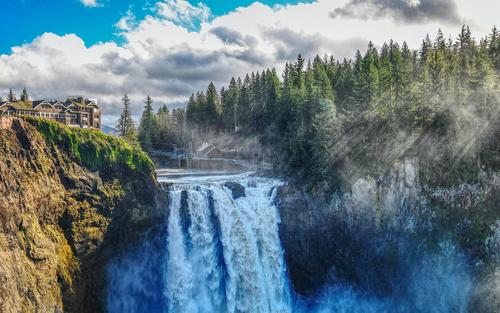Yukon, the smallest and westernmost of Canada’s territories, is known for its vast wilderness, rich history, and diverse cultures. The region’s multiculturalism is a result of the numerous indigenous communities and settlers from all over the world who have made it their home over the years. This article explores the richness of Yukon’s cultural diversity and provides a guide on how to experience its multiculturalism.
Indigenous cultures
The territory is home to several indigenous communities, including the Kaska First Nation, the Tlingit, the Tagish, the Northern Tutchone, and many others. These communities have inhabited the region for thousands of years and have rich cultural traditions and knowledge of the land. Visitors can experience the indigenous cultures of Yukon by attending cultural events, visiting cultural centers and museums, and participating in guided tours led by local indigenous peoples.
Settler cultures
Starting in the 19th century, Yukon attracted many settlers, including prospectors during the gold rush, entrepreneurs, fur traders, and others. These settlers came from all over the world, including China, France, Germany, Ireland, and the United Kingdom. Visitors to Yukon can experience the legacy of these cultures through the region’s architecture, cuisine, and festivals. For example, the Yukon Riverside Arts Festival celebrates the region’s diverse artistic heritage, including First Nations, Francophone, and other settler cultures.
Multiculturalism in the capital city
Whitehorse, Yukon’s capital city, is an excellent place to experience the territory’s multiculturalism. With a population of around 30,000, Whitehorse is a melting pot of cultures, including First Nations, French, Chinese, Filipino, and Vietnamese, among others. Visitors can sample the many international restaurants, visit the city’s cultural centers, and attend festivals such as the Adäka Cultural Festival, which celebrates the art and culture of Yukon’s indigenous communities.
Conclusion
Yukon’s cultural diversity is a treasure trove that offers visitors a unique and enriching experience. From indigenous cultures to settler communities, the territory’s history and traditions are as diverse as its landscape. To experience Yukon’s multiculturalism, visitors can attend cultural festivals, visit museums and cultural centers, and participate in guided tours led by local indigenous peoples. With a rich and varied history, Yukon’s cultural diversity is a must-see for anyone interested in Canada’s cultural heritage.
(Note: Do you have knowledge or insights to share? Unlock new opportunities and expand your reach by joining our authors team. Click Registration to join us and share your expertise with our readers.)
Speech tips:
Please note that any statements involving politics will not be approved.
